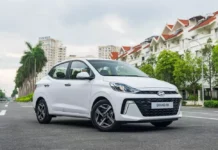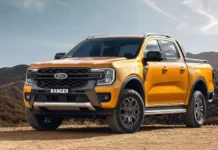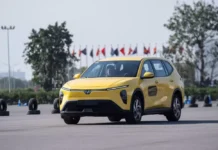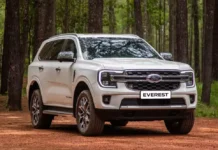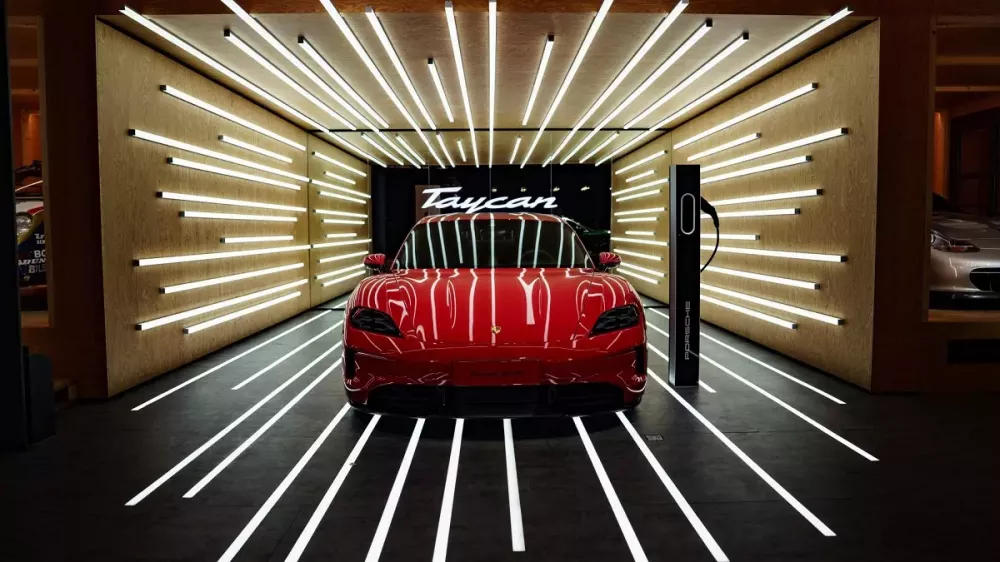China’s automotive market is one of the largest in the world, especially when it comes to luxury vehicles. However, Porsche is facing significant challenges due to the rise of domestic luxury electric vehicle brands such as Denza and Zeekr. These Chinese brands offer comparable features at a much more affordable price point than their longstanding German counterparts.

Porsche’s booth at the 2025 Shanghai Auto Show.
In 2024, Porsche’s sales in China dropped by 24%, totaling 79,283 vehicles. The situation worsened in the first quarter of 2025, with a further 42% decline in sales, resulting in only 9,471 vehicles delivered to Chinese customers.
The main issue is not a rejection of traditional Porsche models like the 911, but rather the brand’s struggle to compete in the rapidly growing electric vehicle segment in China.
At the 2025 Shanghai Auto Show, Porsche’s CEO, Oliver Blume, hinted at the possibility of withdrawing from the electric vehicle market in China, stating, “We will observe the next two to three years to see if Porsche can survive as an electrified brand here.”
Meanwhile, domestic brands like Xiaomi are releasing more affordable and powerful electric vehicles. A notable example is the Xiaomi SU7 Ultra, which offers 1,548 horsepower and is priced starting at 529,900 Chinese yuan (approximately 1.85 billion Vietnamese dong), while the Porsche Taycan Turbo GT costs 1.998 million Chinese yuan (approximately 6.99 billion Vietnamese dong) and delivers 1,034 horsepower, giving Xiaomi a clear advantage in terms of value for money.
However, Porsche’s CEO dismisses the notion that the Xiaomi SU7 Ultra is a direct competitor to the Taycan, asserting that the Chinese vehicle cannot match Porsche’s “driving dynamics.” This statement exudes confidence, especially considering that the Xiaomi SU7 Ultra achieved sales of 10,000 units within just two hours of its launch.

Oliver Blume at the Porsche booth during the 2025 Shanghai Auto Show.
Some suggest that Porsche could follow Audi’s lead and develop exclusive models for the Chinese market, such as the newly unveiled Audi E5 Sportback at the 2025 Shanghai Auto Show. However, Blume has rejected the idea of launching low-cost electric vehicles to compete with domestic brands, stating, “We are not chasing volume. We will maintain pricing that is appropriate for the Porsche brand.”
With a reluctance to lower prices and engage in a price war, Porsche’s only option is to “wait and see” if the brand can maintain its position in China’s highly competitive electric vehicle market over the next two to three years.
Nonetheless, the company has high hopes for its upcoming fully electric Cayenne and 718 models. Only time will tell if these vehicles can help Porsche regain its momentum in the world’s most fiercely contested electric vehicle market.
























